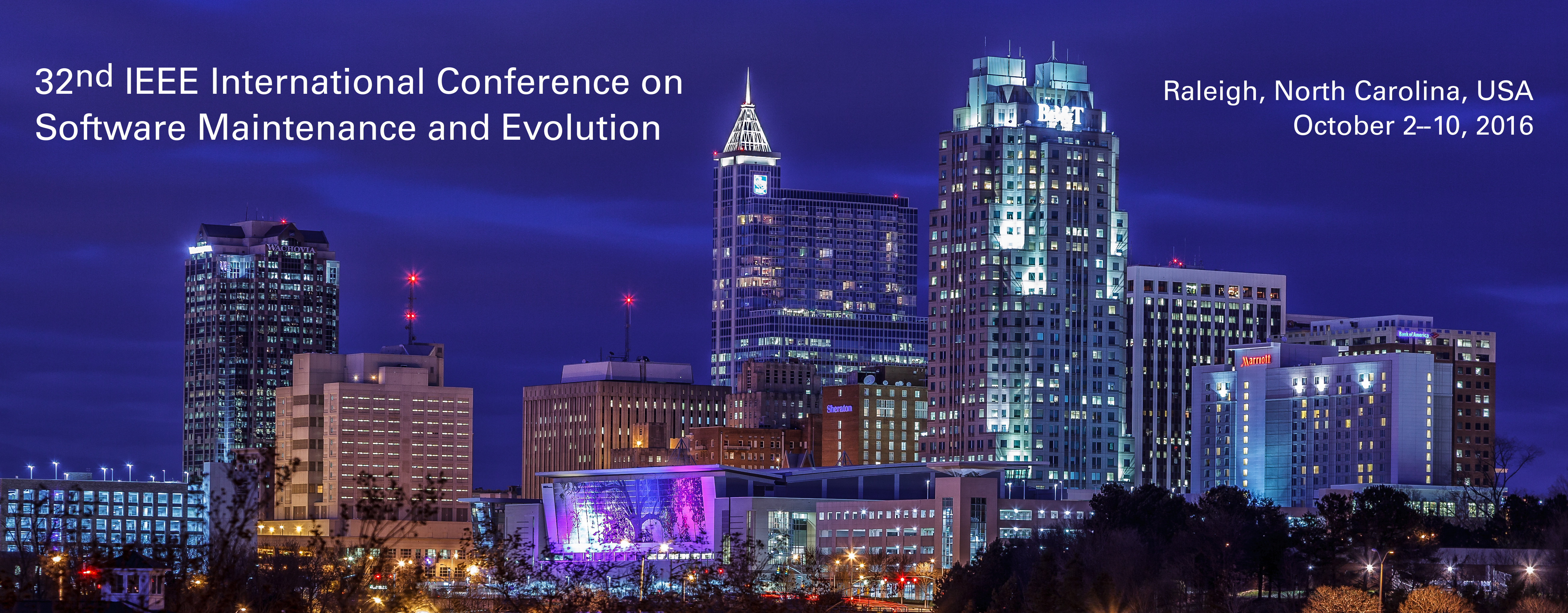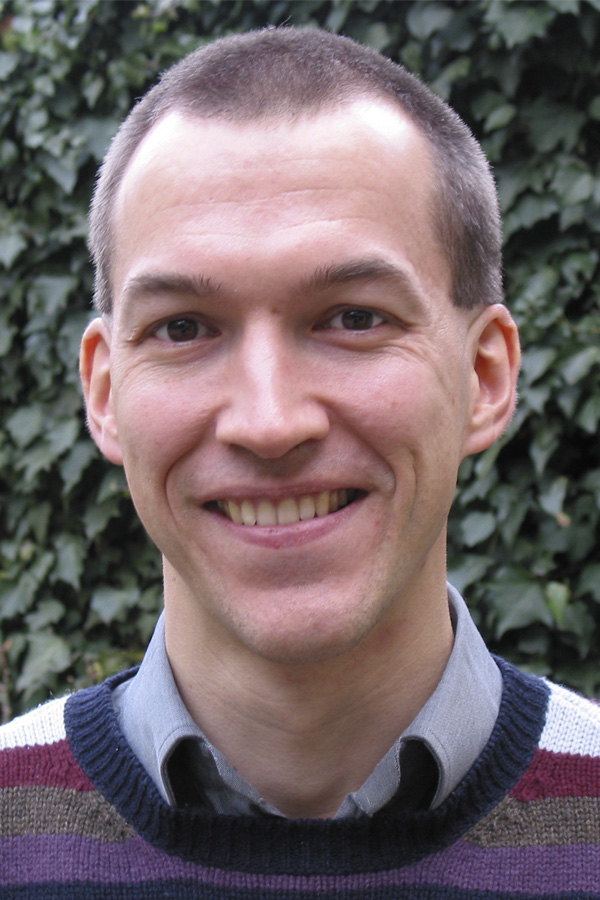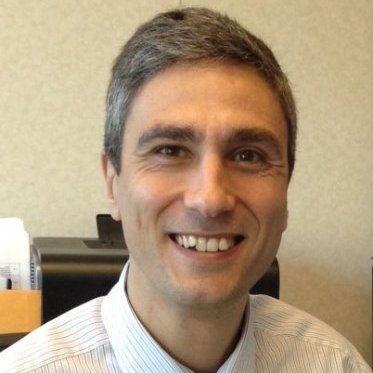
Keynote Speakers

Tom Mens
University of Mons
Belgium
Tom Mens is appointed as Professor at the University of Mons (Belgium), where he directs the research laboratory in software engineering at the department of computer science since 2003. He obtained his PhD in Science in 1999 at the Vrije Universiteit Brussel (Belgium) on the topic of software evolution. He continued to carry out research on this topic ever since, focusing on formal foundations, tool support and empirical analyses of evolving software systems. Some of his recent research focuses on the empirical analysis of software ecosystems. He co-authored more than 150 scientific publications in peer-reviewed conferenced or journals in the field of software engineering, several of these have received a high number of citations. He also co-edited two Springer books "Software Evolution" (in 2008) and "Evolving Software Systems" (in 2014). He was program chair of ICSM 2013, CSMR 2012 and CSMR 2011.
An Ecosystemic and Socio-Technical View on Software Maintenance and Evolution
Abstract. In this invited talk I focus on the difficulties of maintaining and evolving software systems that are part of a larger ecosystem. While not every software system falls under this category, software ecosystems are becoming ubiquitous due to the omnipresence of open source software. I present several challenges that arise during maintenance and evolution of software ecosystems, and I argue how some of these challenges should be addressed by adopting a socio-technical view and by relying on a multidisciplinary and mixed methods research approach.

Flavio Villanustre
LexisNexis
USA
Dr. Flavio Villanustre is the Vice President of Infrastructure and Products for HPCC Systems, the Big Data open source initiative of LexisNexis. In this position, Flavio is responsible for Information and Physical Security, overall infrastructure strategy and new product development. Prior to 2001, Dr. Villanustre served in different companies in a variety of roles in infrastructure, information security and information technology. In addition, Dr. Villanustre has been involved with the Opensource community for over 15 years through multiple initiatives. Some of these include founding the first Linux User Group in Buenos Aires (BALUG) in 1994, releasing several pieces of software under different Opensource licenses, and evangelizing Opensource to different audiences through conferences, training and education. Prior to his technology career, Dr. Villanustre was a neurosurgeon.
Rooting Out Software Defects by Eliminating the Weak Link in the Chain (Hint: The Human)
Abstract. How can vendors better support the growing population of programmers developing big data applications? More specifically: how can vendors reduce the maintenance effort associated with such applications? To address this question. LexisNexis has been exploring the KEL and SALT languages- ultra high level abstraction description languages that treat data mining as a “knowledge graph problem”; i.e. the construction of n-aray relationships between hyper-dimensional entities. In practice, this abstraction leads to hyper-succinct code: a single line of SALT can automatically generate 4000 lines of C++. SALT has been field used commercially now for 10 years.
SALT and KEL are the “under the hood” tool for our graphical DSP (Data Science Portal) where users draw their query and automatic tools can auto-generate SALT and KEL code. In this approach, end users can design and deploy effective big data tools without writing a single line of code.
This talk will review the success of SALT, KEL and DSP. Case studies will demonstrate the success of this approach. Open issues and future research directions will be discussed.